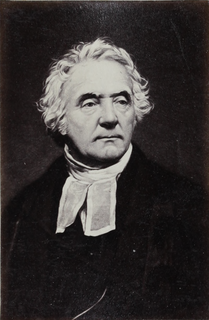A Quote by E. B. White
The Supreme Court said nothing about silliness, but I suspect it may play more of a role than one might suppose. People are, if anything, more touchy about being thought silly than they are about being thought unjust... Probably the first slave ship, with Negroes lying in chains on its decks, seemed commonsensical to the owners who operated it and to the planters who patronized it. But such a vessel would not be in the realm of common sense today. The only sense that is common, in the long run, is the sense of change.
Related Quotes
There's a misconception about girls accusing people of sexual assault. There's this sense of, Well, she might be lying, she might be telling the truth, it's really a he-said, she-said. But it turns out if you study the cases, something like 97 percent of the cases are actually true. And you think about it common sense - wise: Why would a young girl or a woman bring this attention upon herself? It's nonsensical. It sets up a binary equation where, in fact, if a girl makes that accusation, she's usually not lying about it.
Stephen Miller did one thing: He simply recited common sense. This is a common sense immigration bill. If there was ever a piece of common sense legislation, this is it. In this case, what Stephen Miller did was nothing more than common sense, and yet it was interpreted - it went right over their heads, the White House press corps, not just Jim Acosta and Glenn Thrush. It went over all of their heads because they didn't understand what he was talking about, either because of the fog of hatred they have for Donald Trump and his administration, or they are just ignorant.
For decades, I thought that scientific truth, solid economic case studies, and common sense were enough to bring about change on the environmental front. After all, the data is so compelling! I thought that if people just understood the severity of today's environmental threats and knew about available solutions, those solutions would happen. Not so.
The only thing I might have noticed [and this is pretty anecdotal] is that there is some tendency to need to be taught that 'writing is rewriting' - maybe more of a sense than was pervasive 10 years ago that the first or second pass of a story is sufficient. That is an idea that is easily dislodged, but I suspect it might have something to do with the turnaround time re: blogging and so on - this sense that there is some essential truth about a first draft that one runs the risk of "ruining" by coming back to it.
...By a 'silly' theory I mean one which may be held at the time when one is talking or writing professionally, but which only an inmate of a lunatic asylum would think of carrying into daily life. ... It must not be supposed that the men who maintain these theories and beliefs are 'silly' people. Only very acute and learned men could have thought of anything so odd or defended anything so preposterous against the continual protests of common sense.
He had a better mind and a more rigorous temperament than me; he thought logically, and then acted on the conclusion of logical thought. Whereas most of us, I suspect, do the opposite: we make an instinctive decision, then build up an infrastructure of reasoning to justify it. And call the result common sense.



































